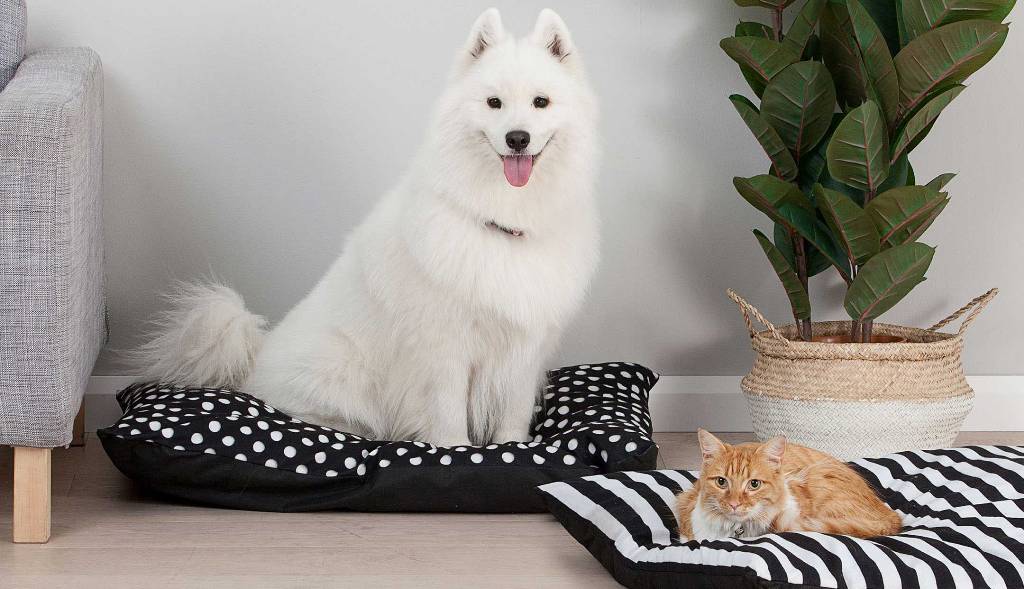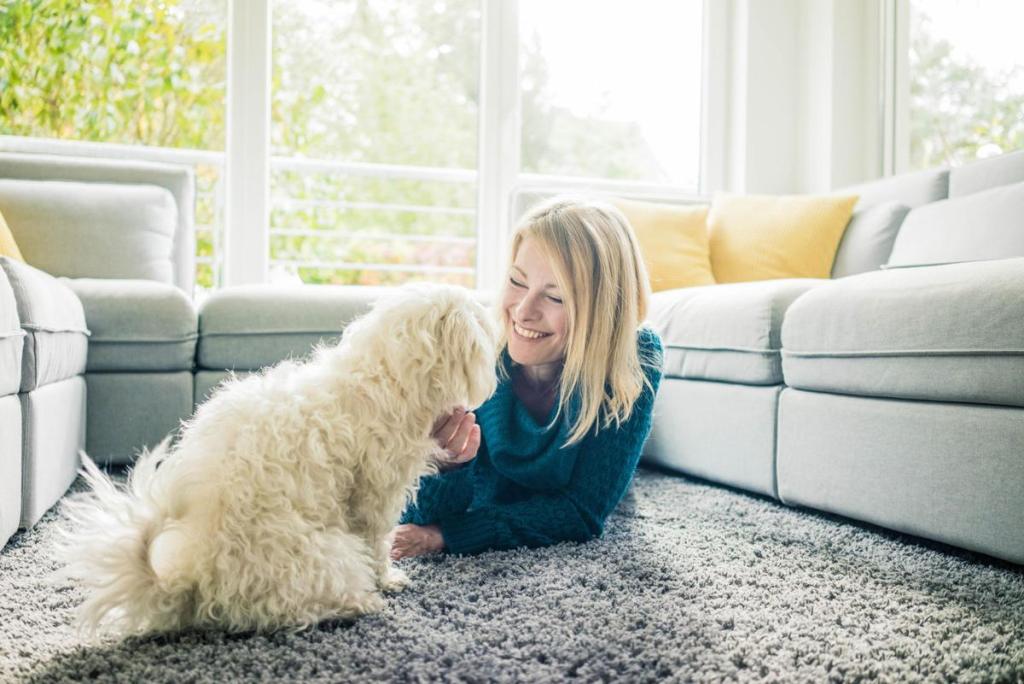When you are adopting a rescue dog, it’s essential to discuss beforehand who will be responsible for taking care of the new puppy or dog when he comes home. Who will be feeding him, taking him on walks and play with him? All members of the household must accept and love him unconditionally. Here are a few useful tips on preparing your home for the new furry member of the family.
1. Dog Proofing Your Home
You can make the exercise a lot easier on yourself by making your house a safe place for your dog. Move household chemicals into a cupboard and out of your dog’s reach. Place slipcovers over furniture if your dog is going to be sitting on it. Be on the lookout for long tassels, cords or other dangling items that may be alluring to him. The yard must be fenced to keep him safe inside the yard. You must need to know how to choose a dog door, as it’s a first need of your home while you adopt a rescue dog. You can’t go wrong with the top quality from a Hale dog door.

2. Gathering Supplies
Make sure you are purchasing everything you’ll need for the new pup’s arrival i.e., crate, water, and food bowls, bedding, flea comb, dog leash, toys, food, and grooming supplies. When you’re fetching your dog, remember to take with his ID tag, collar, leash, and harness. All these supplies can be bought from a local pet store. Check out helpful articles at Fuzzy Rescue for additional information. The earlier you can ascertain consistency, the better it will be for all.
3. Establishing House Rules
Have a meeting with all household members and discuss applicable house rules for your dog. Decide on where dog bowls, the dog’s crate, pet blanket, and bedding are going to be. Work out a schedule and explain to everyone to be inviting but calm when they meet the dog for the first time. No patting on his head, kissing or hugging since you first need to gain his trust. The pup should only meet one family member at a time.
4. Gaining Information On The Pet’s Past

Try to secure as much information as you can about your dog’s former life. This will help deal with any medical or behavioral issues that he might have. Some important questions include:
- A history of abuse.
- How did the animal end up at the shelter?
- Did the staff from the shelter notice any behavioral problems that you need to know about?
- What is the overall health condition of your dog and are there any pre-existing health conditions that you should be notified about?
5. Getting A New Veterinarian For Your Dog
It’s recommended for you to find a reliable vet that stays close to you so that you can bring the dog for yearly check-ups, vaccines and more. It’s always advantageous to locate a vet with a 24-hour emergency animal hospital in the vicinity and have the number on your fridge or another place where it’s easily accessible for everyone in the family in case of an emergency. Caring for a dog entails all aspects of his life, including his medical requirements.






